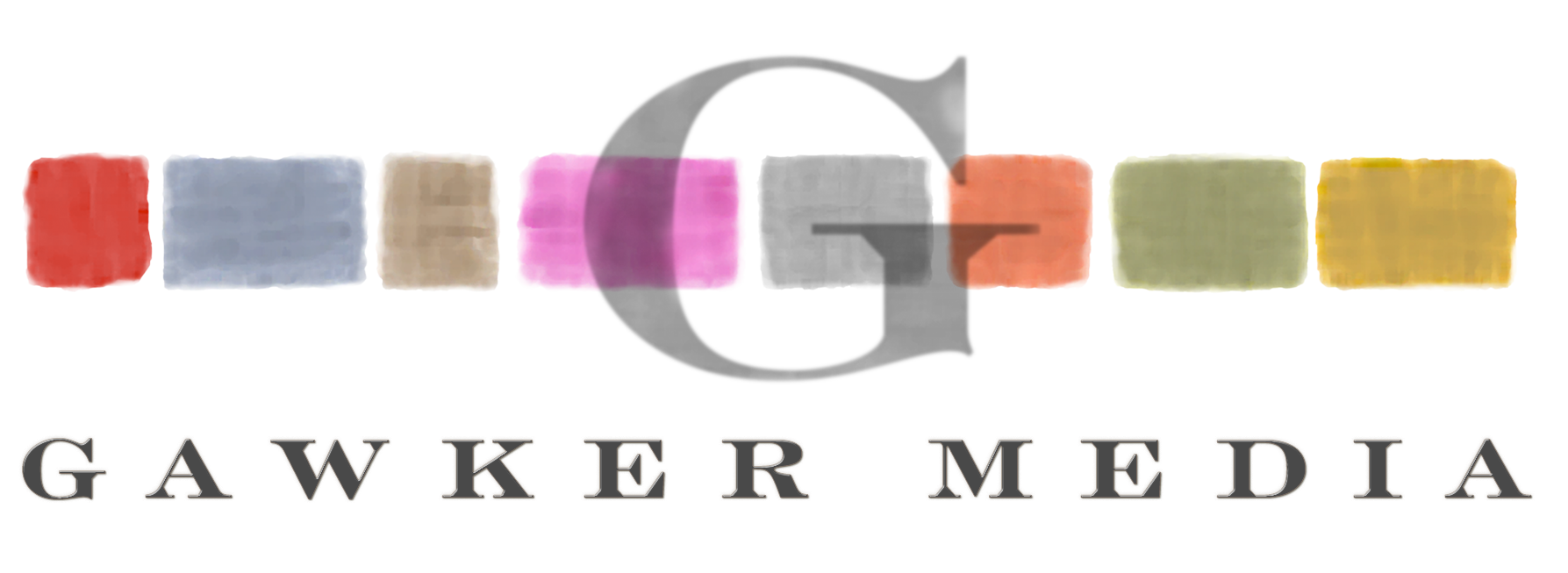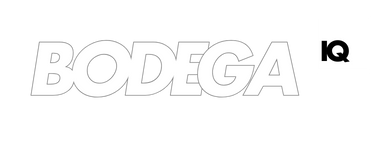
When Gawker Fell: How Money Silenced the Mighty—and Cowed the Many
The collapse showed how deep pockets can weaponize the courts—not just against big publishers, but potentially anyone who dares to speak truth to power.
In March 2016, a Florida jury delivered a staggering verdict: professional wrestler Hulk Hogan was awarded $115 million in compensatory damages and $25 million in punitive damages after Gawker published a sex tape featuring him in 2012 . This ruling, later ballooned to $140 million total, was partially financed by billionaire Peter Thiel, secretly backing Hogan’s suit as payback for Gawker’s 2007 outing of his sexuality .
The seemingly straightforward lawsuit quickly morphed into a watershed moment. Gawker, a once‑iconic digital media outlet, declared bankruptcy and shuttered shortly after, erasing its powerful — yet polarizing — voice from the media ecosystem . The collapse showed how deep pockets can weaponize the courts—not just against big publishers, but potentially anyone who dares to speak truth to power.
1. The Chilling Factor: Dollars Over Debate
The size of the verdict alone shocked many. Wired warned that one misstep could “cascade into an existential threat” for publishers of all sizes, prompting self-censorship out of fear . A University of Florida legal review echoed this sentiment:
“The sheer fear of such lawsuits may result in self‑censorship by news organizations… who choose not to criticize a wealthy individual rather than risk fighting a potentially expensive and protracted legal battle.”
For small outlets and independent journalists, even the risk of legal costs matched to the Thiel‑Hogan playbook became a deterrent. It’s not just about losing; it’s about the hundreds of thousands—or millions—in legal bills. The affluent no longer needed to win on the merits; they just needed to outlast you in court.
2. Not Just a Media War: Civic Dialogue at Risk
What began as a takedown of a sensationalist media company soon evolved into a broader threat to democratic discourse. Columbia’s Global Freedom of Expression Project warned that the case posed a direct challenge to “celebrity scandal cases” and media’s ability to report on them .
The Netflix documentary Nobody Speak underlined this shift. Director Brian Knappenberger frames the lawsuit as part of a worrying trend: ultra-rich individuals using litigation to suppress critical voices—even ones with valid public-interest claims . It wasn’t just about Hogan—it was a move that whispered to every journalist and commentator: “Watch your step.”
3. Privacy vs. Public Interest: Who Decides?
Central to the case was this core question: What constitutes legitimate news? Gawker argued that Hogan, who had publicly discussed his sex life, waived his expectation of privacy. Yet the jury disagreed .
Wired noted that in the digital era, as journalism blurs between professionals and citizens, privacy concerns have skyrocketed. Gawker’s argument hinged on “public concern”—but courts increasingly expect more nuance around releasing private content .
This creates a troubling dynamic: everyone—including non‑journalist sources—must consider that posting borderline intrusive content may cost much more than a slap on the wrist.
4. Wealth as Speech-Warden
Peter Thiel didn’t just finance a single lawsuit; he carved a new path: using wealth to enforce consequences. Fortune captured the moment when Thiel, unrepentant, said he’d do it again .
Critics argued that this set a precedent where billionaires could legally assault free expression more effectively than any single defamation suit—especially when funded as revenge. The Guardian described the move as a “chilling effect of money in the legal system” .
5. The Ripple on Non-Wealthy Voices
Though Gawker was a high-profile defendant, the message resounded far beyond Manhattan offices. Journalists from small local outlets, independent bloggers, podcasters, and even citizen reporters felt the quake. If Gawker could be dismantled by one lawsuit, what hope did anyone else have?
A 2019 Columbia Journalism Review highlighted Gawker’s downfall as a cautionary tale: many news professionals now more diligently archive content, given that material can be erased—or buried—through legal or financial means .
Moreover, the sale of Gawker’s archive to a private buyer raised fears of historical erasure—or self-censorship for fear of future legal exposure .
6. Broader Stakes: A Press Under Siege
By its bankruptcy moment, Gawker wasn’t just gone; it symbolized a changing battleground. The New Yorker tied its demise to the era of “Trump‑style threats” to press freedom, where the prestige of law clashes with the priority of money and power .
As public trust in media wavered, the case came to represent tensions between individual privacy and journalistic transparency—a struggle exacerbated when money amplifies one side.
7. Where Do We Go From Here?
💡 Transparency in Third‑Party Funding
Some lawmakers proposed oversight of external litigation funding. Knowing who backs a suit would inform public perception, legal strategy, and legislative reform .
📜 Legal Reform
Advocates suggest raising thresholds for punitive damages, capping mass media liabilities, or expanding protections for “editorial” rather than “gutter” publications. This would rebalance court outcomes in favor of voice—not wealth.
🛡️ Archiving and Preservation
Foundations like the Freedom of the Press Foundation began preserving troubled publications and their archives—especially if ownership changes might enable content deletion .
Conclusion
The Gawker case cut deeper than a single sex‑tape scandal. It revealed a new reality: economic power can now gag speech without needing to prove wrongdoing. If courts and juries award sums so large that even mid‑sized outlets tremble, how can voices without Goldman‑level backing hope to speak truth to influence?
For everyday citizens, community reporters, or digital activists, the lesson is stark: crossing wealthy figures—even accidentally—can threaten livelihoods. The greatest irony is that the trial involved an outlet known for going after the powerful; yet, in its downfall, power wielded even larger forces—not with louder words, but with deeper pockets.
Gawker’s demise thus stands as a modern fable: one where First Amendment ideals clash with real-world inequality. And in the chilling silence that followed its collapse, a thousand smaller voices paused, wondering: Who will fund a defense when the fight isn’t a headline?






Comments